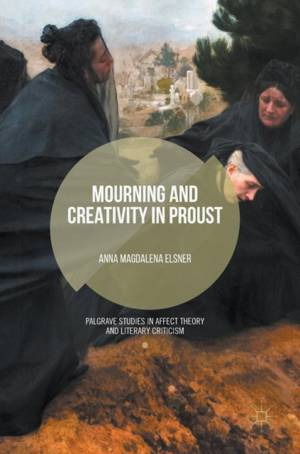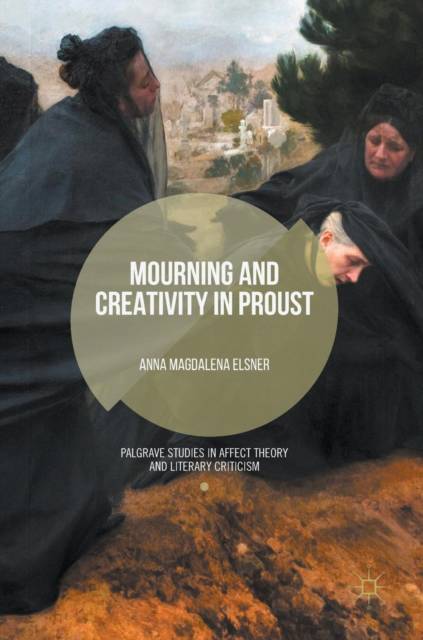
- Afhalen na 1 uur in een winkel met voorraad
- Gratis thuislevering in België vanaf € 30
- Ruim aanbod met 7 miljoen producten
- Afhalen na 1 uur in een winkel met voorraad
- Gratis thuislevering in België vanaf € 30
- Ruim aanbod met 7 miljoen producten
Omschrijving
This study explores Proust's answers to some of the fundamental challenges of the inevitable human experience of mourning. Thinking mourning and creativity together allows for a fresh approach to the modernist novel at large, but also calls for a reassessment of the particular historical and social challenges faced by mourners at the beginning of the twentieth century. The book enables the reader to acknowledge loss and forgetting as an essential part of memory, and it proposes that this literary topos has seminal implications for an understanding of the ethics, aesthetics, and erotic in Proust's A la recherche du temps perdu. Drawing on the works of Sigmund Freud and Jacques Derrida, Anna Magdalena Elsner develops an original theory of how mourning and creativity are linked by emphasizing that ethical dilemmas are central to an understanding of the novel's final aesthetic apotheosis. This sheds new light on the enigmatic and versatile nature of mourning but also pays tribute to those fertile tensions and paradoxes that have made Proust's novel captivating for readers since its publication.
Specificaties
Betrokkenen
- Auteur(s):
- Uitgeverij:
Inhoud
- Aantal bladzijden:
- 249
- Taal:
- Engels
- Reeks:
Eigenschappen
- Productcode (EAN):
- 9781137603302
- Verschijningsdatum:
- 14/03/2017
- Uitvoering:
- Hardcover
- Formaat:
- Genaaid
- Afmetingen:
- 148 mm x 210 mm
- Gewicht:
- 476 g

Alleen bij Standaard Boekhandel
Beoordelingen
We publiceren alleen reviews die voldoen aan de voorwaarden voor reviews. Bekijk onze voorwaarden voor reviews.











